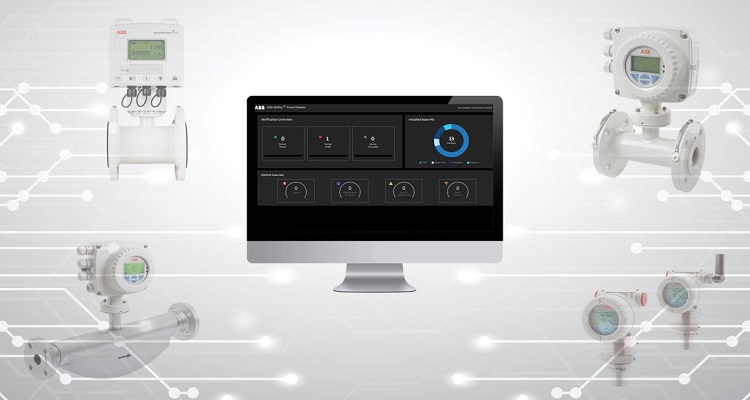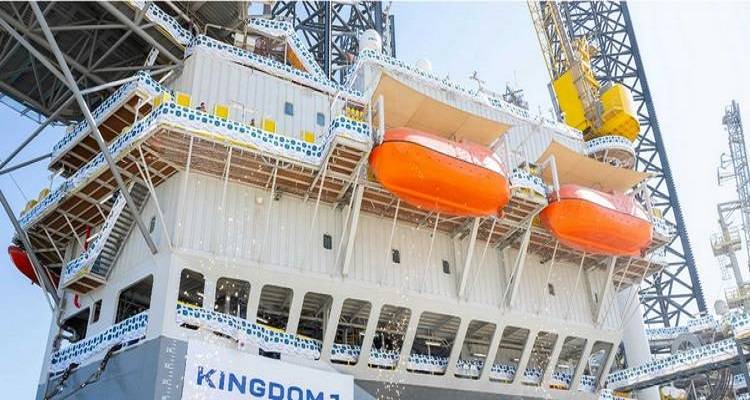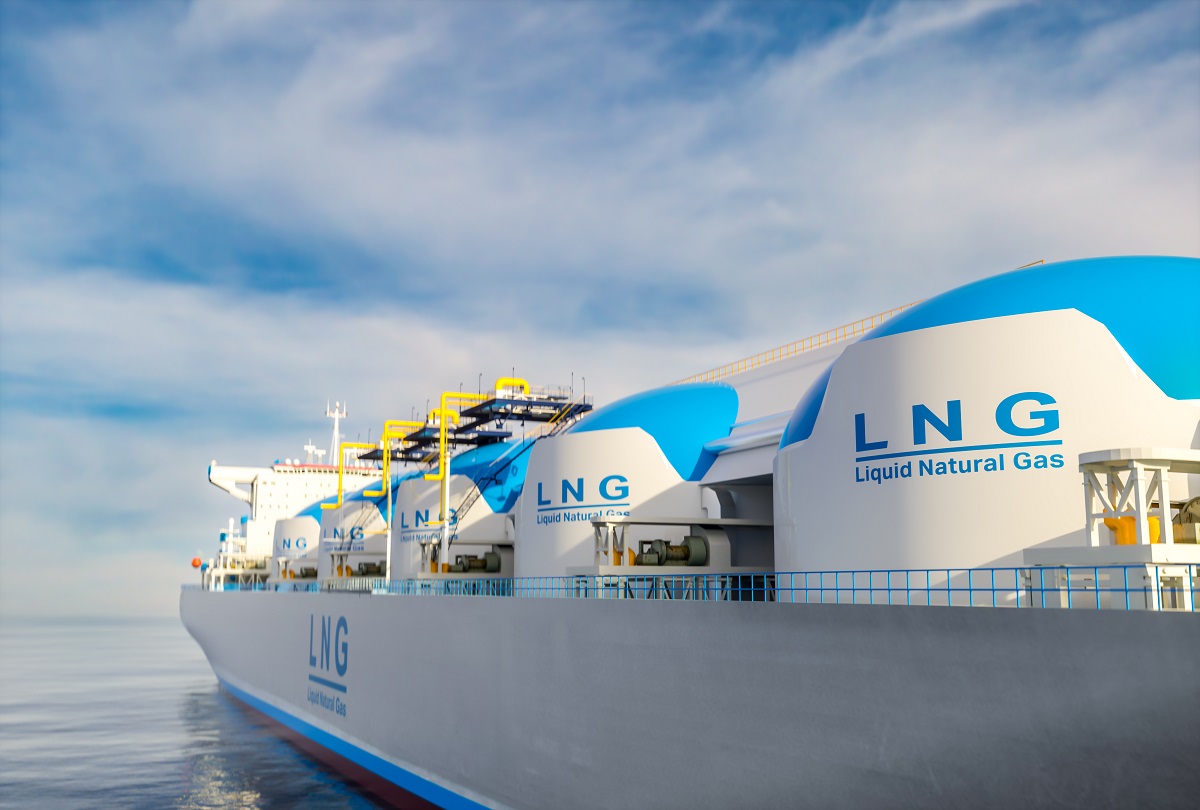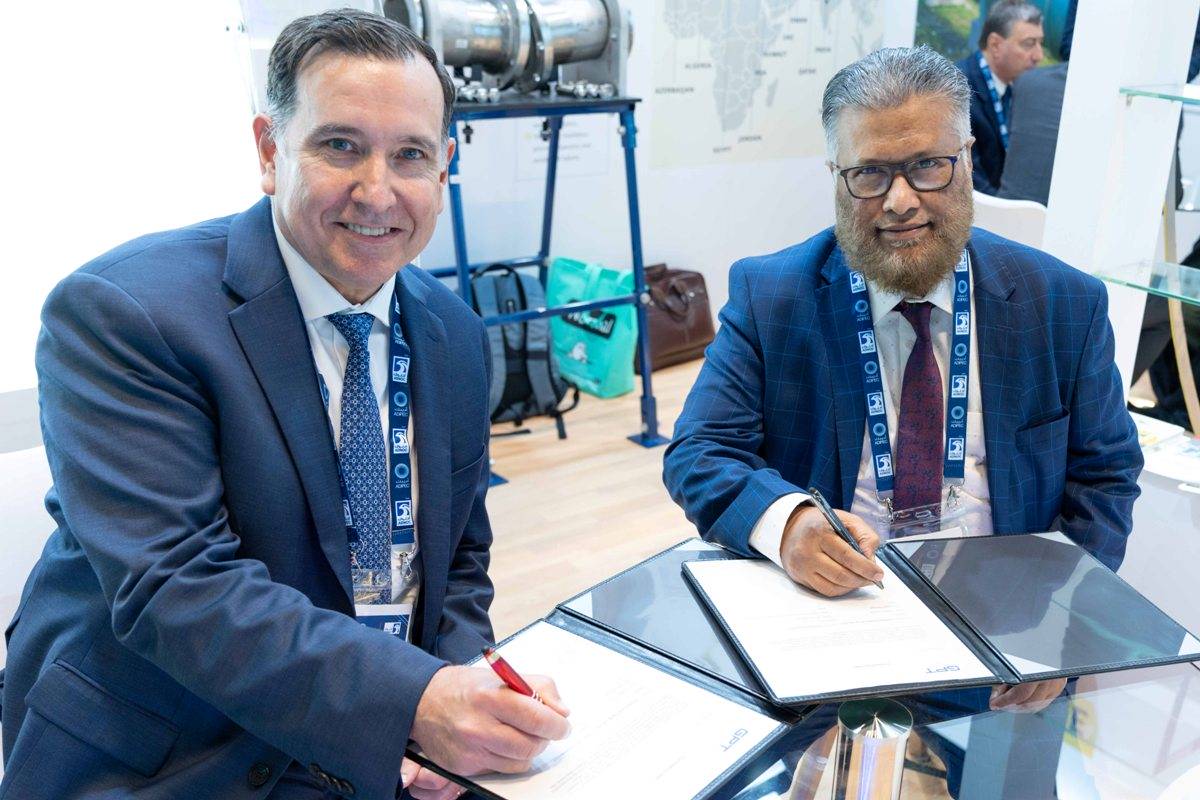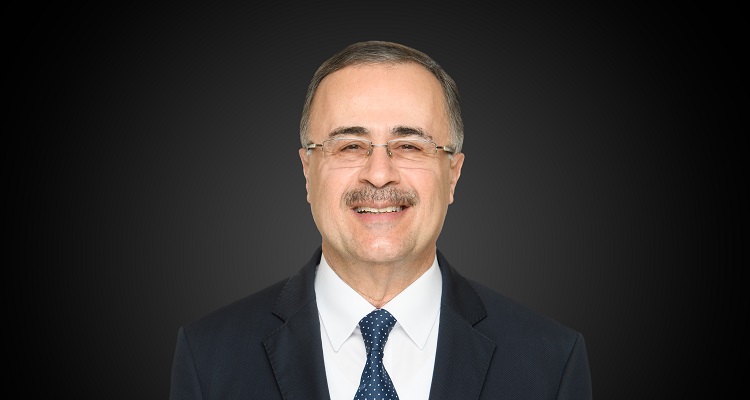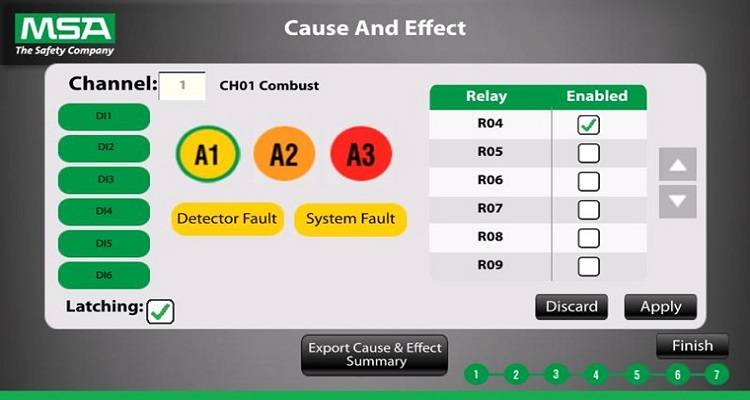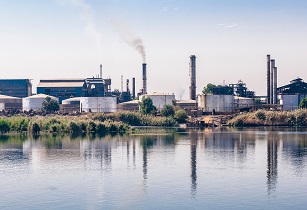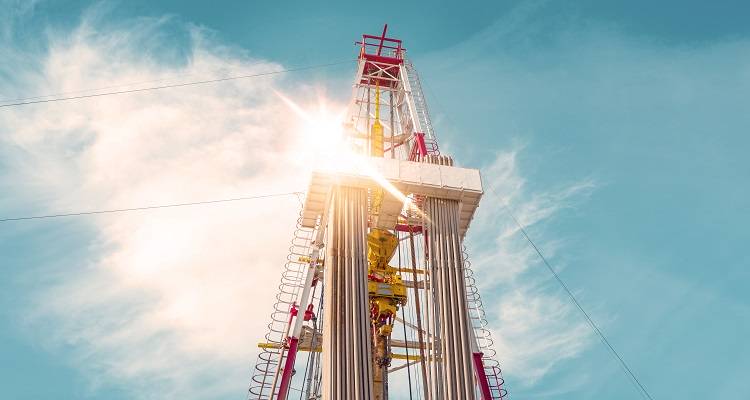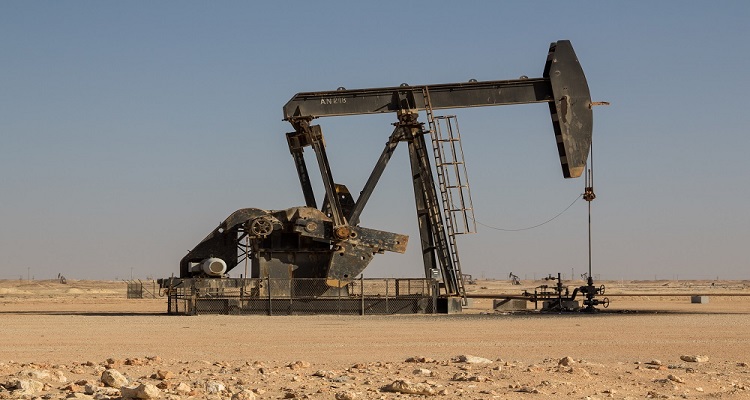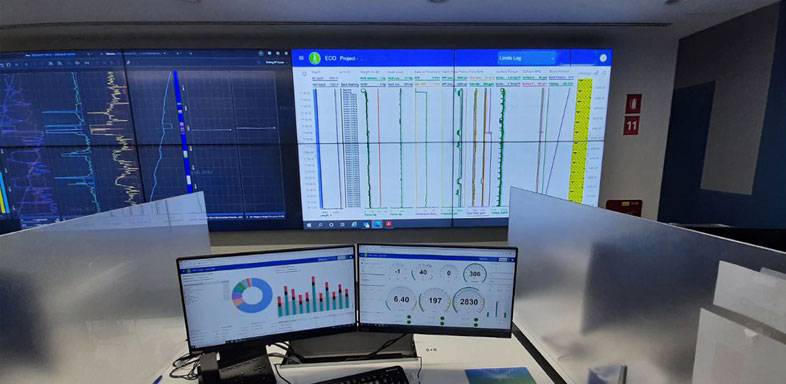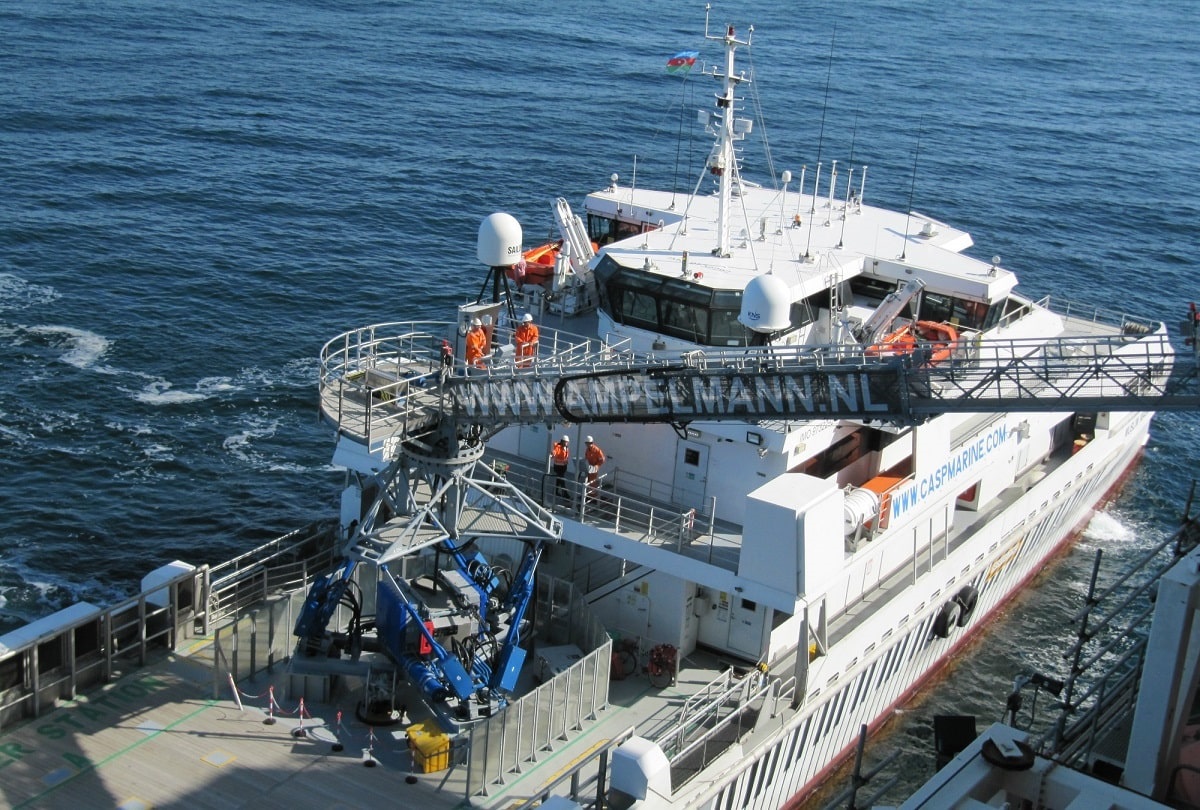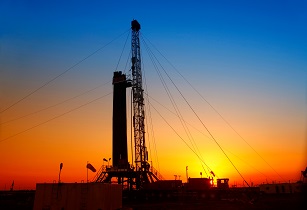The Arab Petroleum Investments Corporation (APICORP) forecasts total energy investment (committed and planned) of US$919bn for the MENA region over the next five years in its newly released annual MENA Energy Investment Outlook
The report forecasts that the MENA region will see a number of critical energy projects pushed through over the next five years, despite the uncertain geopolitical backdrop. Around $345bn has been committed to projects under execution while an additional $574bn worth of development is planned, with the private sector accounting for the bulk of planned investments.
Saudi Arabia and the UAE represent 38 per cent of planned investments, with US$149bn and US $72bn respectively, over the outlook period, as both countries look to boost their upstream oil and gas sectors. For Egypt, the main focus is ramping-up of gas production and meeting rising power demand. Planned investments in the country are $72bn, with the power sector making up over 50 per cent of the total.
Elsewhere planned projects in Kuwait stand at $59bn over the same period, with more than 50 per cent in the oil sector, as the country looks to increase oil output to four million bpd within the next few years. Similarly, in Algeria planned projects stand at around US$58bn with the Hassi Messaoud Peripheral Field Development accounting for a significant portion of investments in upstream oil. The country will seek to invest in upstream oil and gas to meet its target of increasing production by 20 per cent. However, low fiscal buffers and competing pressures on revenue may impact Algeria’s efforts to execute its ambitious capacity expansion plans.
Other major investment in the oil and gas sector will be made in Iran, with an estimated US$67bn in planned projects in the coming period, and Iraq, at US$47bn. Oil investments account for US$27bn with the ENI-led Zubair and the PetroChina-led Halfaya, two of the largest upstream development projects in the country. However, the outlook for those countries is much less certain, with a significantly higher degree of political risk.
The report highlights three main challenges that could potentially hinder the growth of investment in the region. The first is that the global investments in the oil and gas sector are closely interlinked with oil prices, and though the situation as a whole is improving, prices are not expected to return to the high levels seen prior to the sharp drop in 2014.
Another challenge to growth is the rising cost of capital, as some governments will find it harder to attract foreign investment.
Finally, the regional geopolitical environment remains fragile, and persistent conflicts in the region are creating instability that causes investors to become cautious in investing in the entire region.
“2017 certainly saw improvements and rebalance in the region,” the report comments. “The period of weakest economic growth and oil prices seems to have passed, but the recovery phase will take longer and is not without its challenges. GCC governments have announced expansionary budgets following a few years of tightening expenditures because of lower oil revenues, and will prioritise critical investments in their energy sectors.”
Further information can be found at: www.apicorp-arabia.com








